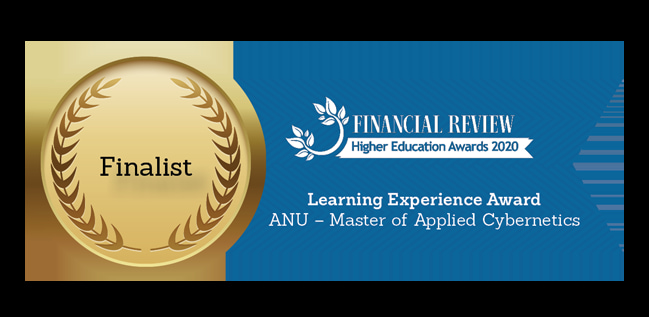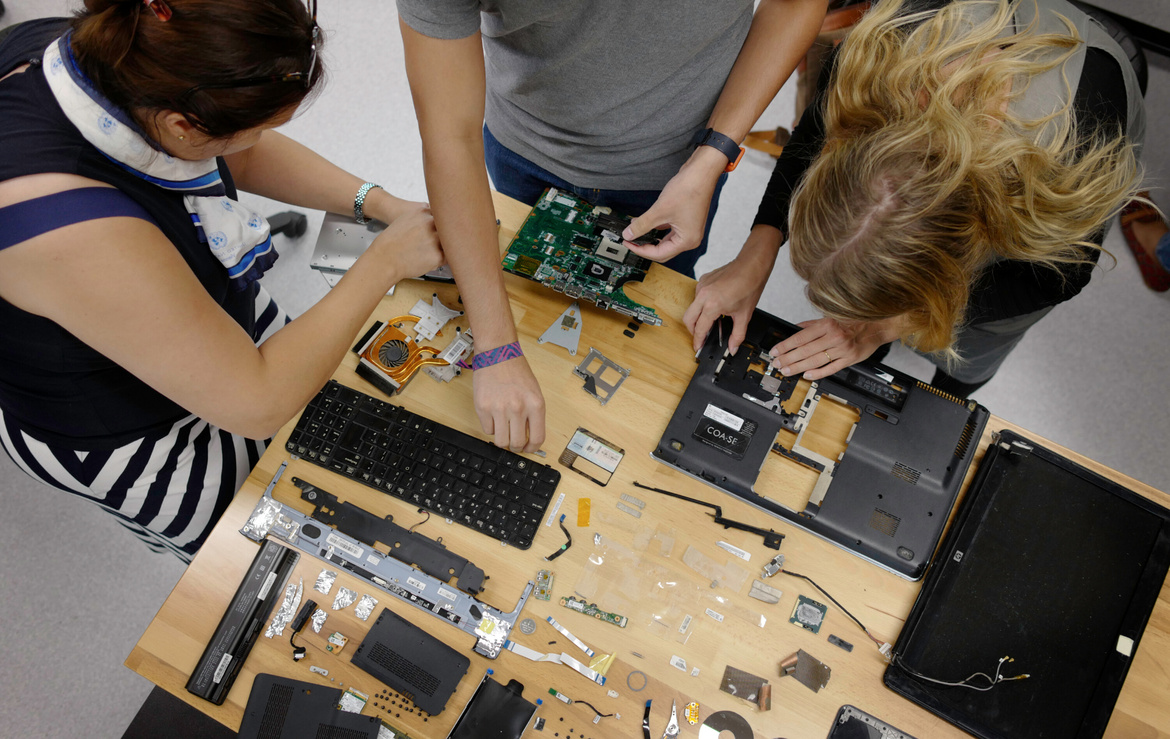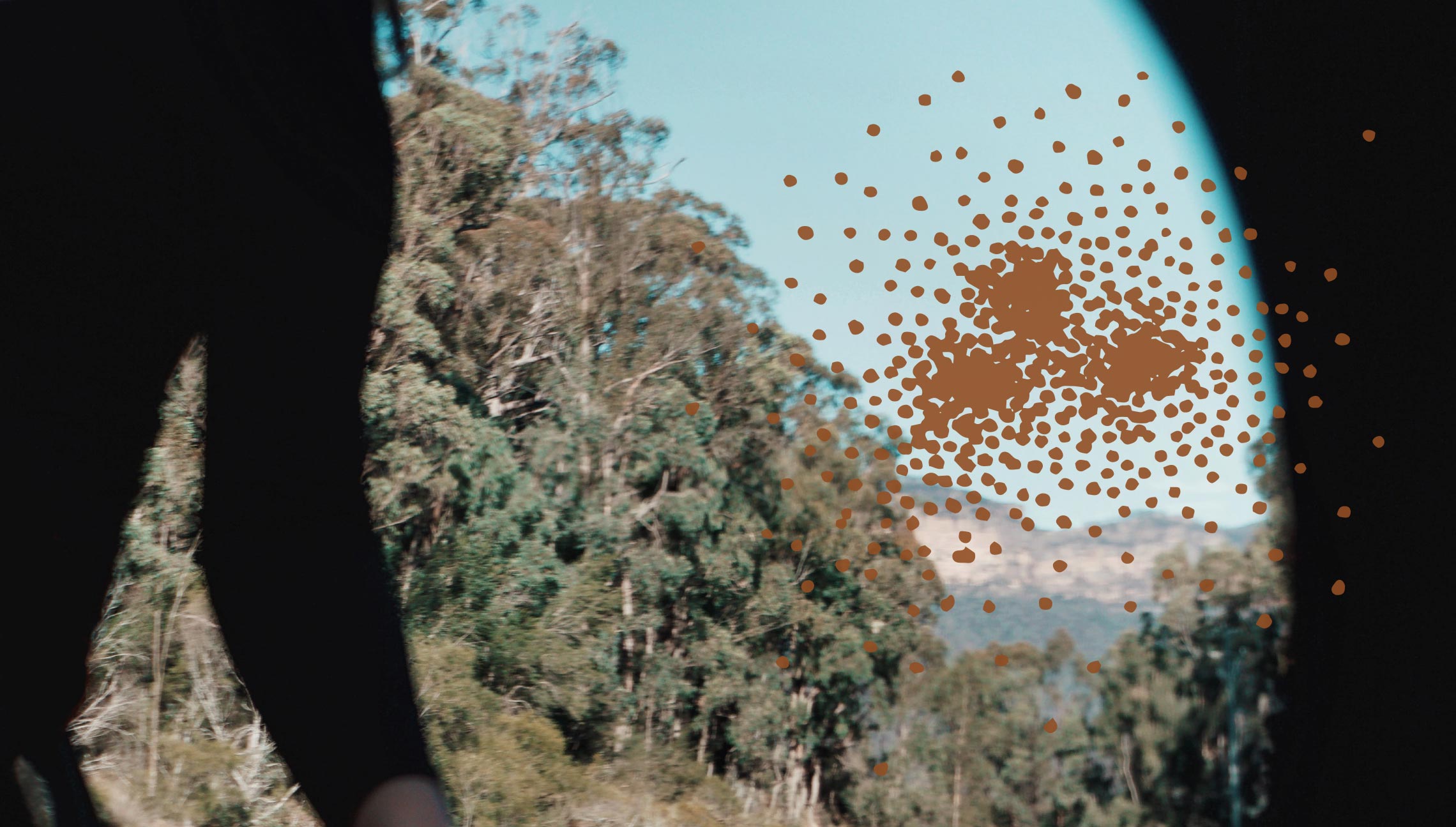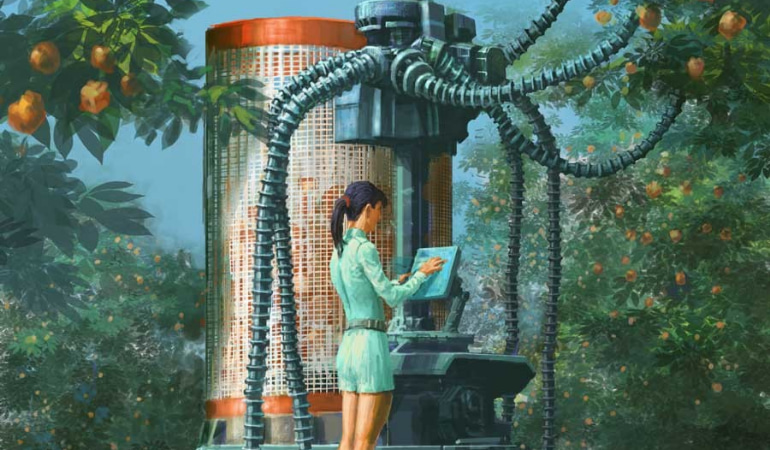The 3A Institute’s Master of Applied Cybernetics has been shortlisted in the 2020 AFR Higher Education Awards, in the category of ‘Learning Experience’. In a year which attracted a record number of submissions despite significant disruption to the sector, judges applauded the richness of submissions across categories including innovation, leadership and sustainability. We are excited to be among them.

So what does learning experience mean to us and where are we heading next?
The 3A Institute (3Ai) is an innovation institute at the Australian National University (ANU), within the College of Engineering and Computer Science (CECS). Our mission is to establish a new branch of engineering to help shape the future safely, sustainably, responsibly. For us, the current context is the growth and projected scaling of AI-enabled cyber-physical systems—connected, sensing, computational systems which characterise the fourth industrial revolution.
Our activities represent a new kind of innovation for the university; we are researching and articulating a framework for a new field, iteratively testing it in collaboration with a broad set of stakeholders, and actively curating its pedagogy, methodology, practice and certification. This includes developing new approaches to education, learning and development for within and beyond the university. The Master of Applied Cybernetics is an important part of these activities.
Imagining the future of engineering education#
The skills and knowledges required for a future characterised by cyber-physical systems call for new educational models and tools alongside our existing approaches. We must find ways to create coherence and connections between separate subjects; adapt to a new technology ecosystem; help learners to become curious and invested in dynamic, lifelong learning; foster capabilities that are uniquely human over those more likely to be replaced by automation; and think outside of the metaphor of learners as machines into which information is loaded. Put another way, we need ecological models of education to complement existing industrial models.
Our education offerings must prepare students for a very different world in 2050. CECS is reimagining what it means to create the engineering education of the future. The Reimagine Engineering project is asking questions about what engineering and computer science skills will look like in 2050, who will need to have them, what new assumptions we might have to make as educators, and what we should build upon in order to reimagine engineering for the future. CECS, and the 3Ai within it, is exploring what it means to foster lifelong learning beyond delivering degree programs, and how to teach across disciplines and fields as well as within them.
The importance of space, place and community for learning#
Not all learning happens in classrooms or during timetabled classes. Just think about all of the learning moments we experience every day. For ANU, creating a distinctively excellent student experience is a high priority. Over the past years, we have limited our undergraduate numbers and aimed to create an environment where students form a part of a human-scale cohort. We have created new teaching spaces and created a vibrant campus where students are encouraged to live in an intellectually-rich environment that extends their thinking beyond their own discipline and fosters learning well beyond course offerings.
It is clear we need to think about much more than course content for creating effective learning. At the same time, many of our students will not live on-campus, and so we need to find other ways to engage them from the moment they first consider taking a course, and well beyond completion of it. This is especially the case in the context of COVID-19, where the market has been flooded with Zoom sessions, webinars and online content, but less with richer learning experiences that engage the heads, hands and hearts of a diverse community of learners.
Taking a collaborative design-led approach#
We know we can’t do this alone. Some of the most powerful ways we learn in our daily lives do not come from the education sector. Collaborations are essential for creating learning experiences suited to the age of cyber-physical systems. They can help us build coherence, motivate engagement, make content more accessible and inclusive, reinforce key learnings and promote continued learning.
We are creating learning experiences of the future by collaborating with a wide range of voices, from researchers to industry experts, listening closely to diverse ways of approaching learning, from education design methods to Indigenous ways of knowing, and collaborating with people from graphic designers to game makers. We all come from different places, but we all share a common set of values which are captured in our dynamic set of learning design principles.
From education to learning experiences#
We are now two years into researching, designing, teaching and iterating our Master of Applied Cybernetics. We’re working on the design of every aspect of the student journey, from the cohort selection process to learning experience to post-study networks. Every time we adjust one part of that journey we see changes elsewhere on the program. We still have work to do, and being both nominated and shortlisted in the AFR Higher Education Awards is a great source of encouragement.
We also know that fostering an AI-ready society calls for a lot more that university degrees. Alongside our Masters program, and building on our research, education and partner engagement to date, we’re also working hard to develop another branch of 3Ai learning experiences. We’ve tested some of them – from developing our first short-course, Thinking Beyond AI, to hosting a theatre performance of Ada.Ada.Ada. for families and school groups in the Canberra region. Through 3Ai Learning, we will continue to develop and scale these research-led initiatives in the months ahead. Look out for us in 2021!


